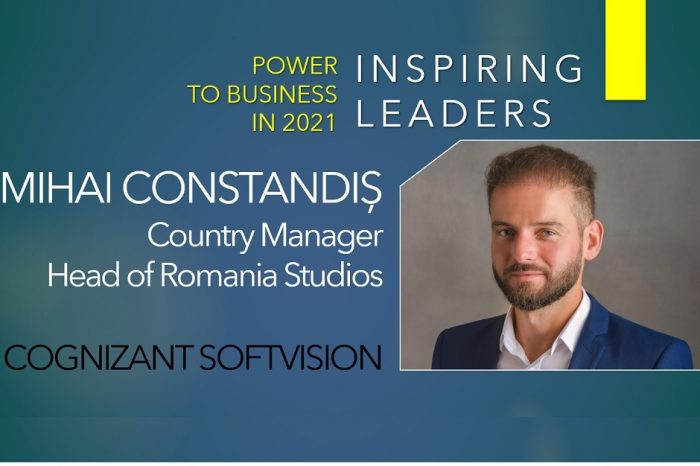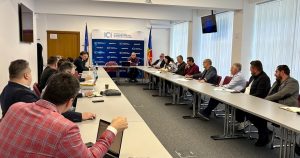Digital learning: educational challenges, building a learning culture, and adapting along the way

- In Romania, before March 2020, the usage of digital learning within the companies was below 1%.
- Only 1.3% of the Romanian adults were actively involved in a learning program, traditional or digital.
- The employers are implementing programs to develop what schools aren’t developing.
Nowadays, a successful business requires not only competence development to solve current and future business issues but learning experiences for the rapid mastering of new skills, the shaping of new mindsets, and lifelong learning. These learning experiences should be proactive, data-driven, cost-efficient, and transparent, but most importantly, they should be digital.
Mazars, together with e-Learning Company, conducted in December and January a round of focus group studies among both business and HR leaders, but also entrepreneurs, to debate the digital learning culture in Romania.
Romania’s learning culture: challenges for the biggest driver of growth
Lately, since COVID-19 has become even more present, an important discussion is taking place in many countries: the learning culture, what are the challenges and how can we overcome them. In Romania, according to Eurostat, before the pandemic, only 1.3% of the Romanian adults (between 25-64 years old) were actively involved in a learning program, traditional or digital. Additionally, last year, in March, the usage of digital learning within the companies was below 1%, with Romania not even being visible on the graphic.

Source: Eurostat
If we report the above data to the country’s GDP, it is easy to identify a direct correlation between the learning and per capita GDP, which means that where there is an interest for long-life education, the personal income will be increasing.

Source: Eurostat
Also, if we search even deeper around the education investment by each country and we correlate it with those country’s GDP, we can see that where the investment percentage in education is bigger, the GDP is also of considerable size.

Source: Eurostat
„The students in Romania are learning about robots and programming only during the alternative educational program called “Școala Altfel” or because their parents enrolled them in different after-school activities. They still don’t have sports and recreation facilities designed with pools or other alternatives, besides the classical gym, and classes with 30 students are run by a single teacher. The system needs to change and there is always hope that together with the financial opportunity from the European Union, education will be the foremost priority on the local authorities’ agenda.”, mentioned Andreea Georgescu, Head of HR Consulting, Mazars Romania.
Training and development programs for employees
Debates around the quality of education over the COVID-19 period have already started, with two quality indicators brought into discussion: the first one being the PISA score and the second one referring to lifelong learning. One thing is clear: the pandemic didn’t destroy the educational system, seeing that only 1.3% of the Romanian adults were actively involved in a learning program, traditional or digital.
Digitalization of learning is used in changing business models and creating new learning opportunities, such as a process of transition to e-learning. In the last 10 years, since the quality of the educational system started to decline, private companies dealt with employees that didn’t have any interest in learning and developing after high-school or university. Therefore, those companies started to invest in their employees by implementing development programs, that are bringing benefits to both sides, such as increased job satisfaction levels, internal promotion opportunities, and better retention.

„We are moving towards a learning model that we see as viable even after the pandemic ends, and which is suitable for employees, university students, and high school students. It is a mix of face-to-face education, synchronous webinars, and self-paced learning by accessing digital resources. The latter method is accessible anytime, from anywhere and with any device that has an internet browser.”, mentioned Corneliu Fecioru, Managing Partner, e-Learning Company.
A certain way to future-proof a business is to invest in people’s capabilities and skills. Many organizations partner with leading educational institutions and sponsor their top talent to attend courses. For example, Mazars has partnered with King’s College in London to offer a specialised LLM in International Tax Law delivered through an advanced online learning environment to Mazars employees.
„Developing our employees’ careers is an investment for both our employees and the future of our company. Tuition reimbursement, onsite training courses to enhance job-related skills and access to job-related conferences and seminars, emerging leadership programs for professional training and development, or exchange experience programs are some of the best perks an employee can benefit from. I believe that growth is crucial for both the company and its people.”, mentioned Andreea Georgescu, Head of HR Consulting, Mazars Romania.
















